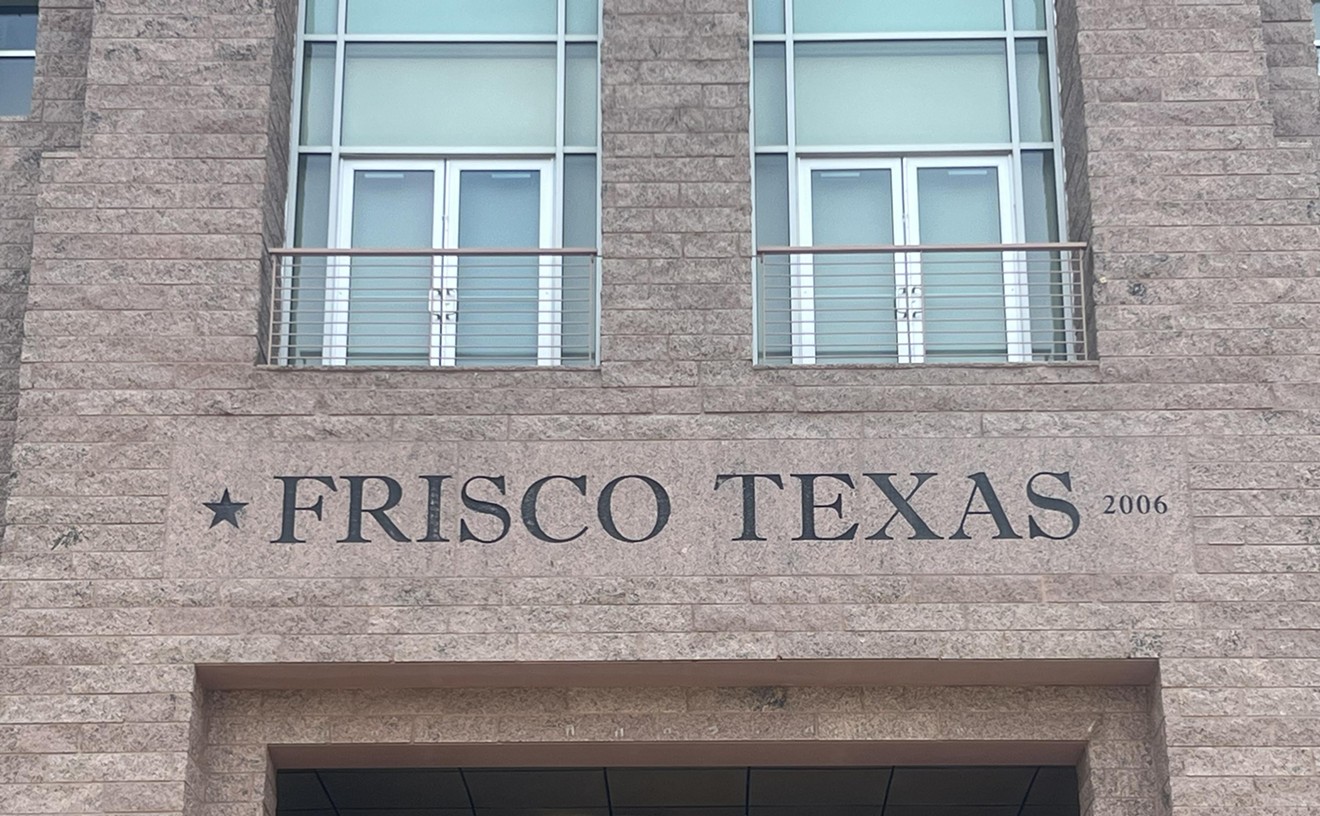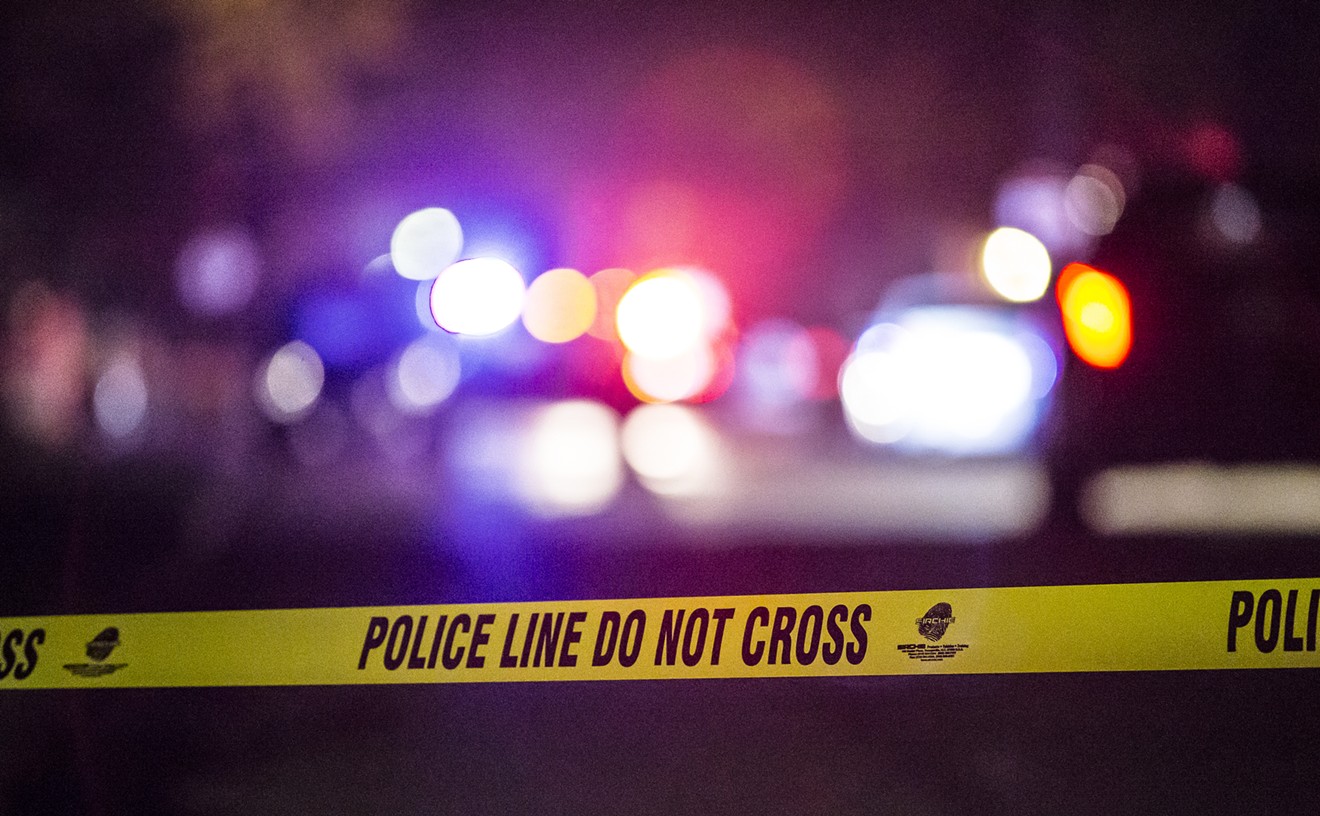Next week the Dallas City Council will again consider ending the Dallas Police Department’s policy to arrest people for possessing small amounts of marijuana. Five members of the City Council, who pushed the policy last year but failed to gain approval, have pushed cite-and-release back on the council calendar. The policy allows police to issue tickets for marijuana possession rather than making arrests. The current penalties for weed possession would remain unchanged: a $2,000 fine and up to six months in jail for possession of two ounces or less.
When the council brought up cite-and-release last year, then Dallas Police Chief David Brown opposed the policy out of fear that it would diminish police authority. This time around, the department, under Interim Police Chief David Pughes, intends to follow whatever recommendation the council gives next Wednesday.
This local debate takes place as the state also debates the issue. The Texas House of Representatives took a significant step Monday when a bill decriminalizing marijuana possession throughout the state passed out of the Texas House Criminal Jurisprudence Committee.
Sponsored by Texas Representative Joe Moody, the bill would get rid of criminal penalties for people caught with less than an ounce of pot and treat minor possession like a traffic ticket.
This legislative session is the second in which Moody’s bill has passed a committee vote, but this time it seems more likely to receive a vote on the Texas House floor.The state bill would get rid of criminal penalties for people caught with less than an ounce of pot.
tweet this
The Texas chapter of the National Organization for the Reform of Marijuana Laws points out that the chairman of the house Calendars Committee, which controls which bills make it to the house floor for a vote, is State Representative Todd Hunter. He voted for the bill in committee.
This time around, Moody’s bill also got out of committee with plenty of time to spare before the end of the session. That wasn’t the case two years ago, when the bill made it to the Calendars Committee with just a few days left before recess. Monday, Moody said that's key to the bill's future hopes.
"I'm excited to have passed our civil penalty bill out of committee almost five weeks earlier than a similar bill left committee last session. That reflects the bipartisan support this effort has gained across the state, and I think we'll continue to see that moving forward," Moody said. "Texans know the time has come to use our limited law enforcement resources in the most effective way possible by being smarter on marijuana policy."
If Moody’s bill, which passed the Criminal Jurisprudence Committee with a bipartisan 4-2 vote, passes the Texas House, it would then need to be passed by the Texas Senate and signed by Texas Governor Greg Abbott to become law.
“This is a bipartisan proposal that represents a moderate shift in how Texas manages low-level marijuana offenses,” Heather Fazio, a spokesperson for Texans for Responsible Marijuana Policy said Monday. “Law enforcement officials’ time and limited resources would be better spent addressing serious crimes."
Nick Novello, a longtime Dallas cop who went to Austin to support Moody’s bill, says decriminalizing marijuana is needed in Dallas. “After 35 years on the street I’m just tired of seeing kids’ lives defined by marijuana arrests,” Novello says. “Our culture will not endure much more of what we’re doing to it.”












